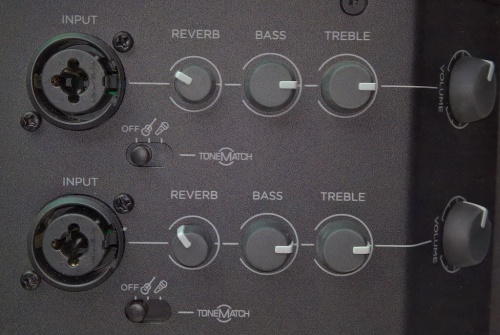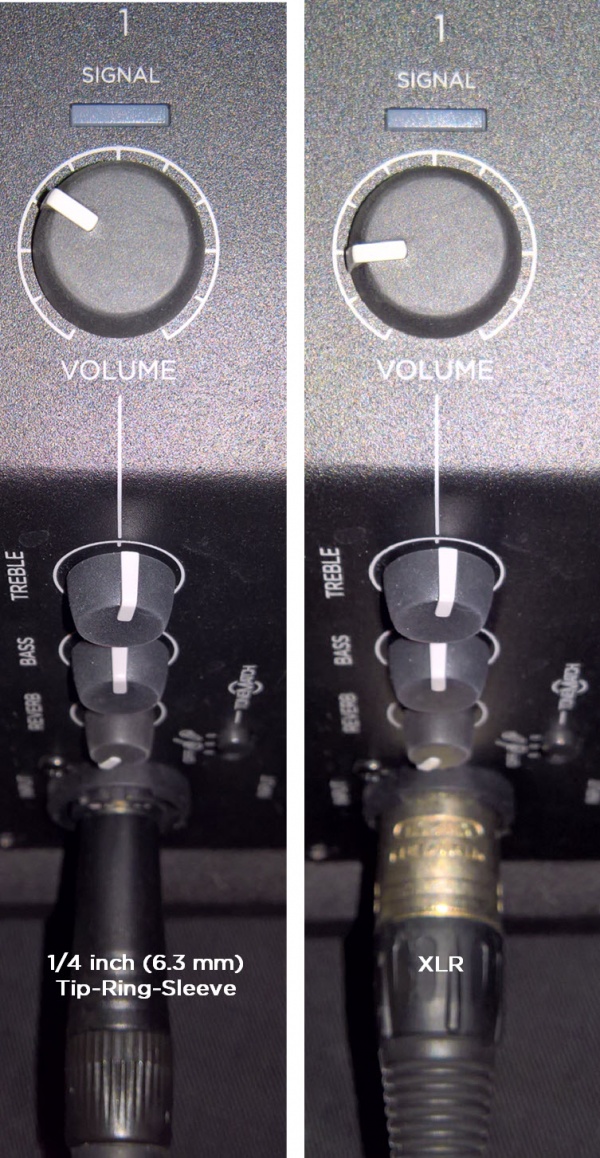Difference between revisions of "Template:S1 Pro with External Device"
(Created page with "<noinclude> ==Usage== <nowiki>{{</nowiki>'''S1 Pro with External Device''' |'''Device=''' ''name of the device'' |discussion page = link to forum discussion (optional) e.g....") |
m (removed unnecessary content from template introduction) |
||
| Line 8: | Line 8: | ||
<nowiki>}}</nowiki> | <nowiki>}}</nowiki> | ||
Template will render as it appears below this line. | Template will render as it appears below this line. | ||
| − | + | ||
---- | ---- | ||
Revision as of 21:05, 6 July 2018
Usage
{{S1 Pro with External Device
|Device= name of the device |discussion page = link to forum discussion (optional) e.g. discussion in the Bose Message Board
}} Template will render as it appears below this line.
On the S1 Pro System, for each channel you are connecting to the {{{Device}}} use these settings while you are setting up.
- Reverb OFF
- Bass at 12:00 o'clock
- Treble at 12:00 o'clock
- ToneMatch switch OFF
You can adjust the Reverb, Bass, and Treble after you get your basic sound working.
Gain Staging
- Using a Bose device as the source
When connecting a ToneMatch Mixer[1] or an S1 Pro System Line Out to an S1 Pro System channel 1 or channel 2
Set the volume control to 10:00 o'clock with 1/4 inch (6.3 mm) Tip-Ring-Sleeve
- The signal strength from a ToneMatch Mixer[1] or an S1 Pro System Line Out is sufficient to achieve the maximum usable volume from the S1 Pro System
- Control the overall volume from the ToneMatch Mixer[1] or the first S1 Pro System. If you use an XLR cable, set the volume control to 9:00 o'clock
- Using a third-party source (not a Bose device as the source)
For each channel you are using on the S1 Pro System
- Turn the channel volume off
- Connect your sound source
- Adjust the volume of the source device output to the reference or nominal output level.
- On analog consoles this may be marked as unity or 0 dB.
- On digital consoles this may be marked as -18 dBFS[2][3]. The exact value (-18 dBFS to -20 dBFS) may vary depending your location[4].
- Refer to the manual for the source device for details.
- If the source device does not have metering or indicators, set the output as high as you can without hearing distortion or seeing red indicator lights.
- While playing/singing as loud as you will during your performance, bring up the channel volume until you see solid green on the channel indicator light. Occasional flickers of red are okay. If you see solid red or you hear distortion, turn down the volume.

